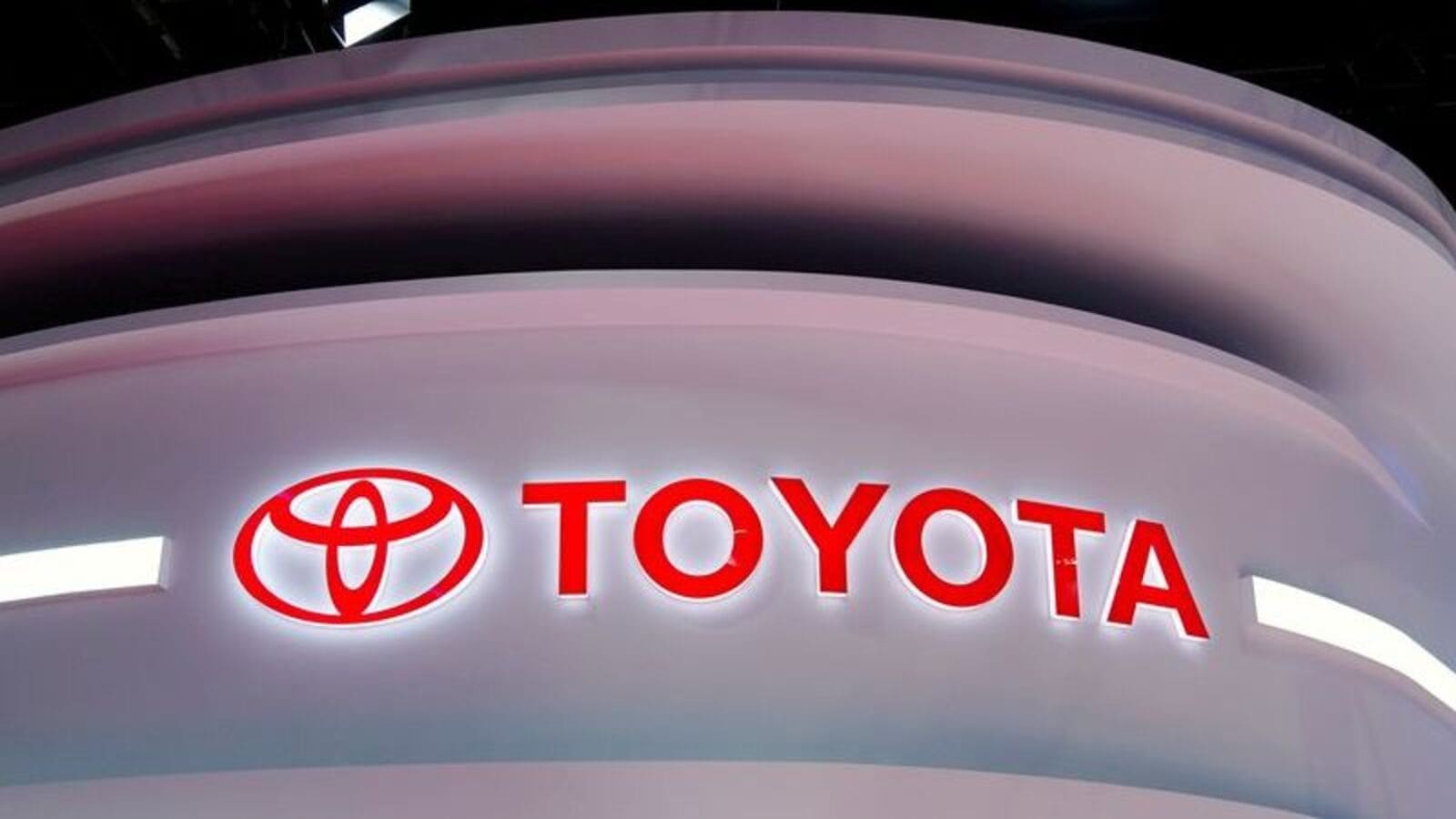To achieve a more compact design, the new Toyota engines utilise a shorter piston stroke. This not only reduces the engine’s size but also allows for
…
While some car companies have shifted their focus on electric vehicles (EVs) far in the future, Toyota takes a different approach. Toyota isn’t waiting around. They’ve unveiled new, in-development internal combustion engines (ICEs) that the company itself calls a “game-changer”. These 1.5-litre and 2.0-litre four-cylinder engines are designed to be much more efficient than current offerings.
Toyota’s Chief Technology Officer, Hiroki Nakajima, highlights these engines as “completely different” from existing options. A report by Automotive News stated that Nakajima credits development work on the hydrogen-powered Mirai for advancements in engine heat efficiency. Though hydrogen vehicles haven’t gained widespread traction, Toyota asserts that engineering the Mirai has yielded valuable insights into improving engine thermal efficiency.
Though specific figures weren’t mentioned, Toyota previously achieved 40 per cent efficiency, while competitors like Nissan boast even higher numbers with their electric-focused approaches.
What makes them efficient?
One key aspect of these new engines is a shorter piston stroke, allowing for a more compact design. This translates to lower front ends, which in turn optimizes airflow and improves overall efficiency. While the smaller size might lead to a slight decrease in torque, Toyota is addressing this concern by integrating an electric motor. This electric motor’s instant torque response will compensate for any potential power loss, making these engines particularly well-suited for hybrid applications.
Also Read : Toyota to make performance cars with ICE tech as long as possible
“We won’t see these engines in production cars until around 2027. They’re being developed with versatility in mind, able to run on gasoline, biofuels, hydrogen, and even synthetic fuels,” the Toyota CTO said. The company believs that this flexibility will allow it to have more up its sleeve when it comes to these innovative powertrains.
While other manufacturers like Mazda are also following Toyota’s path, this approach contrasts with Nissan’s recent decision to halt development on new ICEs, focusing solely on electric vehicles with potential range-extending gas engines as a temporary solution. Only time will tell which strategy proves more successful in the evolving automotive landscape.
First Published Date: 09 Jun 2024, 09:25 AM IST

